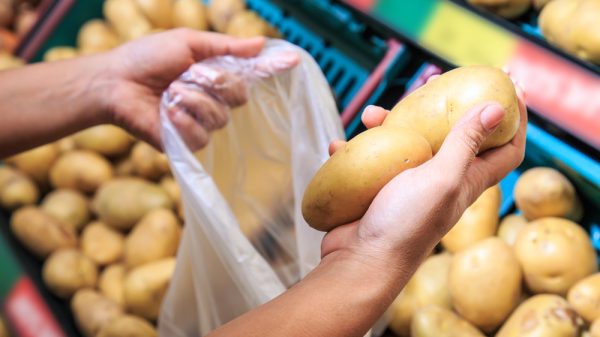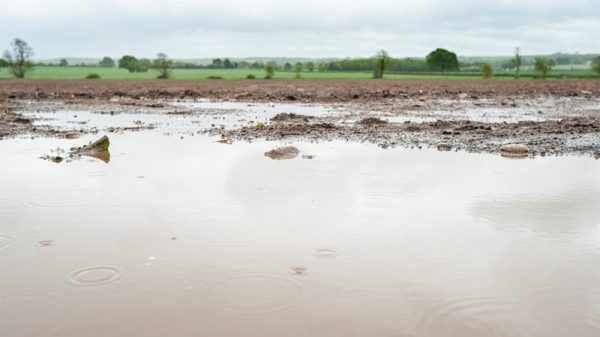The “haphazard” shift from EU subsidies to a new environmental payments scheme for landowners could put farmers at risk of going out of business, MPs have warned.
The government is replacing EU agricultural subsidies – mostly paid for the amount of land farmed – with a new Environmental Land Management (ELM) scheme in England that provides payments for delivering public goods such as boosting nature, protecting soils and providing access to land.
The Environmental, Food and Rural Affairs (Efra) committee warned considerable uncertainty remained about how the seven-year agricultural transition to the new system would affect English farming.
There is a risk that farmers will resort to less environmentally sustainable farming methods to make up for lost income from the old payments scheme, leave the sector or go out of business entirely, a new report from the committee said.
The Environment Department (Defra) has put “insufficient emphasis and care” into managing the transition, risking a haphazard process with unintended consequences, they warned.
READ MORE: ‘Secretive’ Defra criticised over companies dodging quarantine
They highlighted delays in communicating the new policy to farmers and the particular challenges faced by those farming the uplands, tenanted and common land – and warned Defra must not squander the potential of those areas to deliver public goods such as wildlife and public access.
The new incentives must not repeat the failures of previous environmental farming schemes that did not drive significant action for the environment, and payments need to fairly and fully represent the costs of delivering green action, the MPs said.
Defra must publish an impact assessment detailing the consequences of the transition for different sectors and regions, develop a clear engagement strategy with farmers, and publish precise and measurable objectives for ELM.
It must retain the current budget for agricultural payments until at least 2029, the committee’s report urged.
“This is the most fundamental change to agricultural funding in a generation, and the impact of this huge change on farmers’ incomes and entire ways of life cannot be underestimated,” Efra chairman of the select committee Neil Parish said.
“The plan to support farmers through this transition must be robust, and it must be able to adapt to unforeseen circumstances.”
He accused the government of being determined to plough ahead with phasing out the old payments without considering how it would affect farmers’ livelihoods and the environment.
“It is essential that the government undertake the necessary work to understand exactly what the consequences of this transition will be.”
He added: These schemes will only be successful if uptake is high- and this can only happen if land managers are clear on how ELM will work for them.
“It is essential that Defra engage effectively with the full range of land managers and farmers to communicate its plans, and that it funds peer-to-peer learning, which will build the confidence needed for the English farming sector to fully embrace the change.”
A Defra spokesperson added: “Our future agricultural policy will move away from the arbitrary land subsidies and top-down bureaucracy that epitomised the EU era and incentivise farmers to farm more sustainably, create space for nature and enhance animal welfare outcomes. We are supporting the choices that farmers make for their own holdings.
“Since January, in England, we have increased the money going to Countryside Stewardship, we have consulted on an exit scheme and we will be setting out plans to support new entrants.”
with PA Wires
Click here to sign up to Grocery Gazette’s free daily email newsletter










